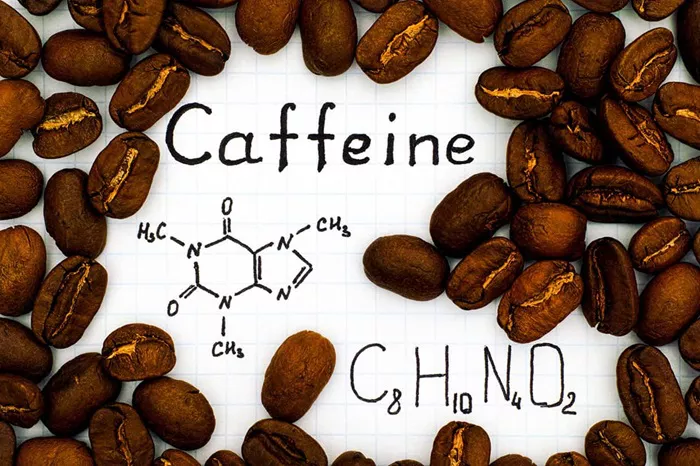A new study surveying over 49,000 respondents reveals changing trends in caffeinated beverage consumption that are impacting caffeine intake across the U.S. population.
The findings show that while fewer people are consuming caffeinated beverages overall, those who do are consuming slightly higher amounts. Despite these shifts, the average caffeine intake from caffeinated drinks remains below 400 milligrams per day.
Health authorities, including the U.S. Food & Drug Administration, have established that up to 400 milligrams of caffeine per day—roughly equivalent to two to three 12-ounce cups of coffee—is generally safe for most adults and not associated with negative health effects.
The increase in intake may be partly explained by a higher number of coffee drinkers and greater caffeine consumption from coffee, especially with the growing popularity of specialty coffee drinks.
The study also compared current data with a similar survey conducted in 2010-2011. However, due to differences in study design, some of the observed changes could be attributed to variations in research methods rather than actual shifts in consumption patterns.
While coffee continues to be the most popular caffeinated beverage, the study noted a rise in the number of energy drink brands available. Over the past decade, the number of brands across all beverage categories grew from 559 to 970, reflecting the wider range of caffeine sources now available to consumers.
The survey categorized caffeine intake from coffee and tea—both caffeinated and decaffeinated—carbonated soft drinks, energy drinks, chocolate drinks, and fruit drinks. The increase in beverage variety and consumption helps provide a clearer picture of caffeine exposure across different product types.
Related topics:
- DIY Ice Drinks Gain Popularity as Chinese Consumers Shun Cafes
- Trade School Kitchen Café Opens Pop-Up at Naenae Pool and Fitness Centre
- Boasters Coffee Roasters to Open New Café at Rotorua Airport


